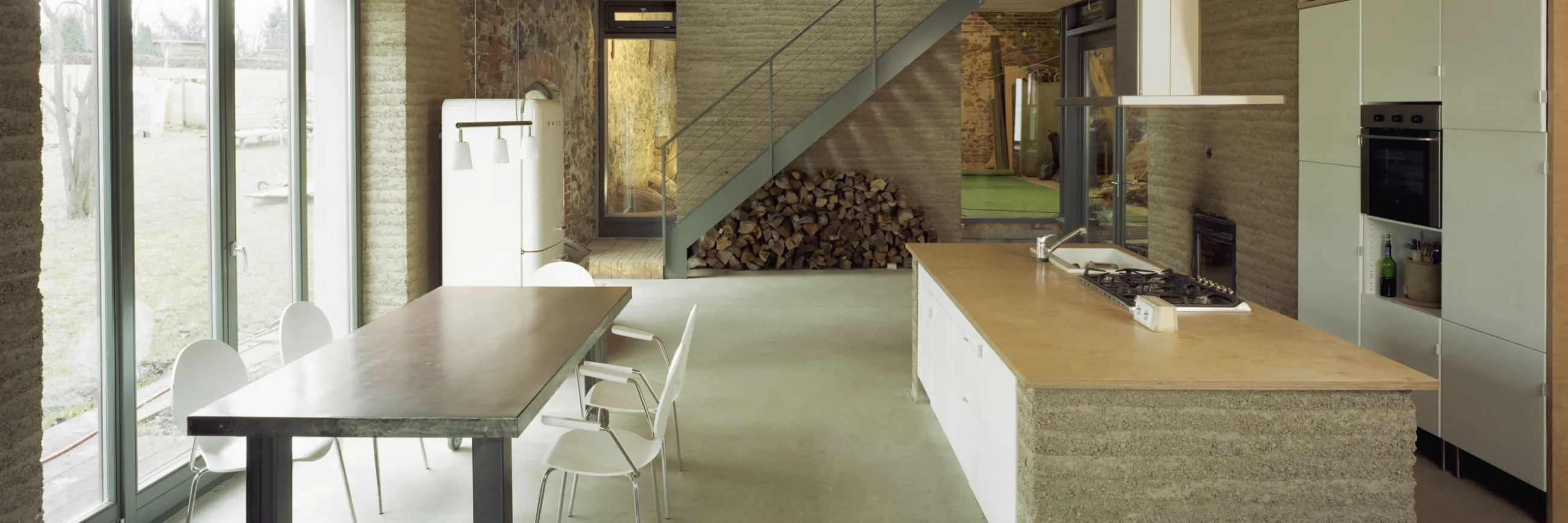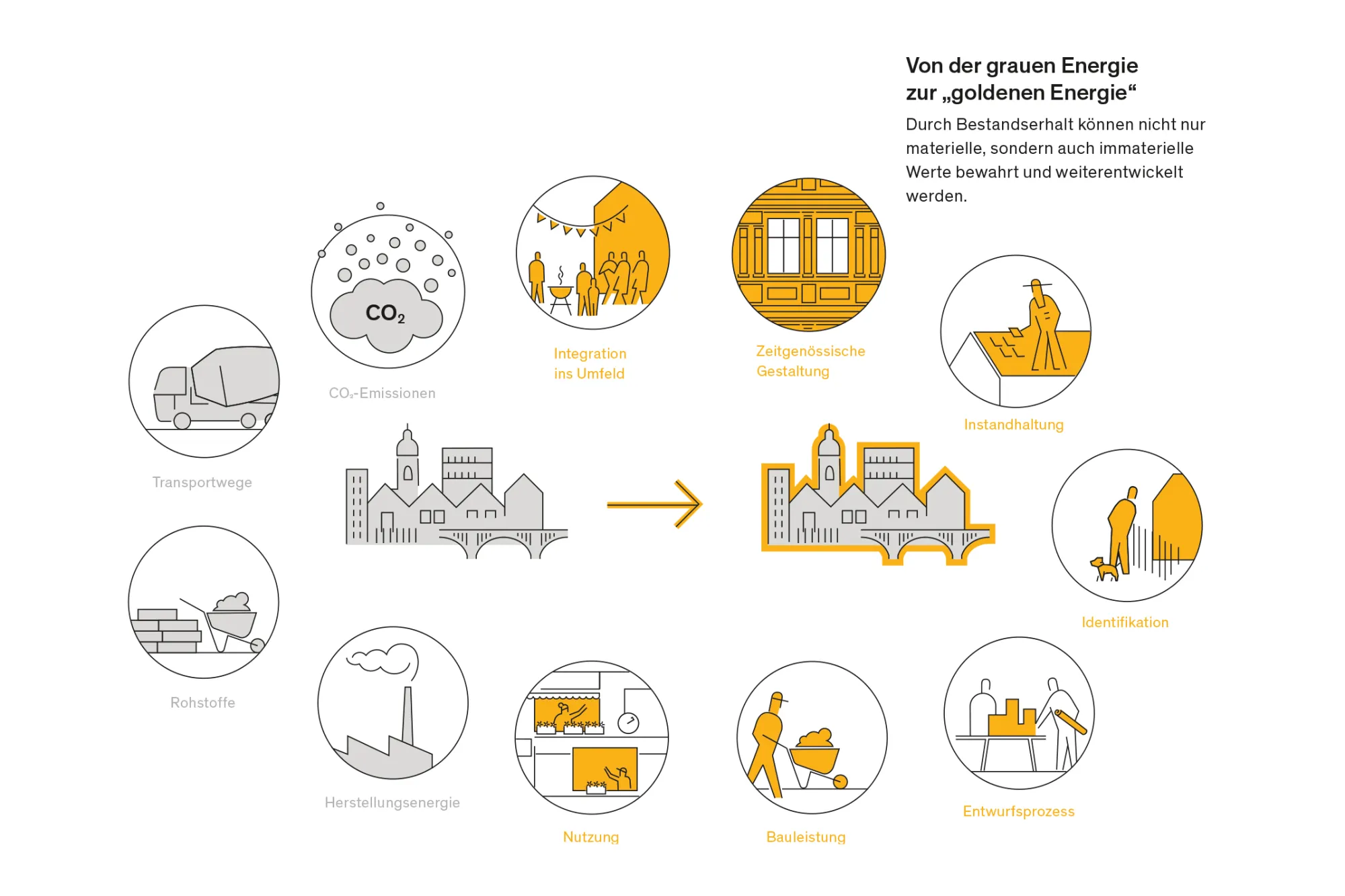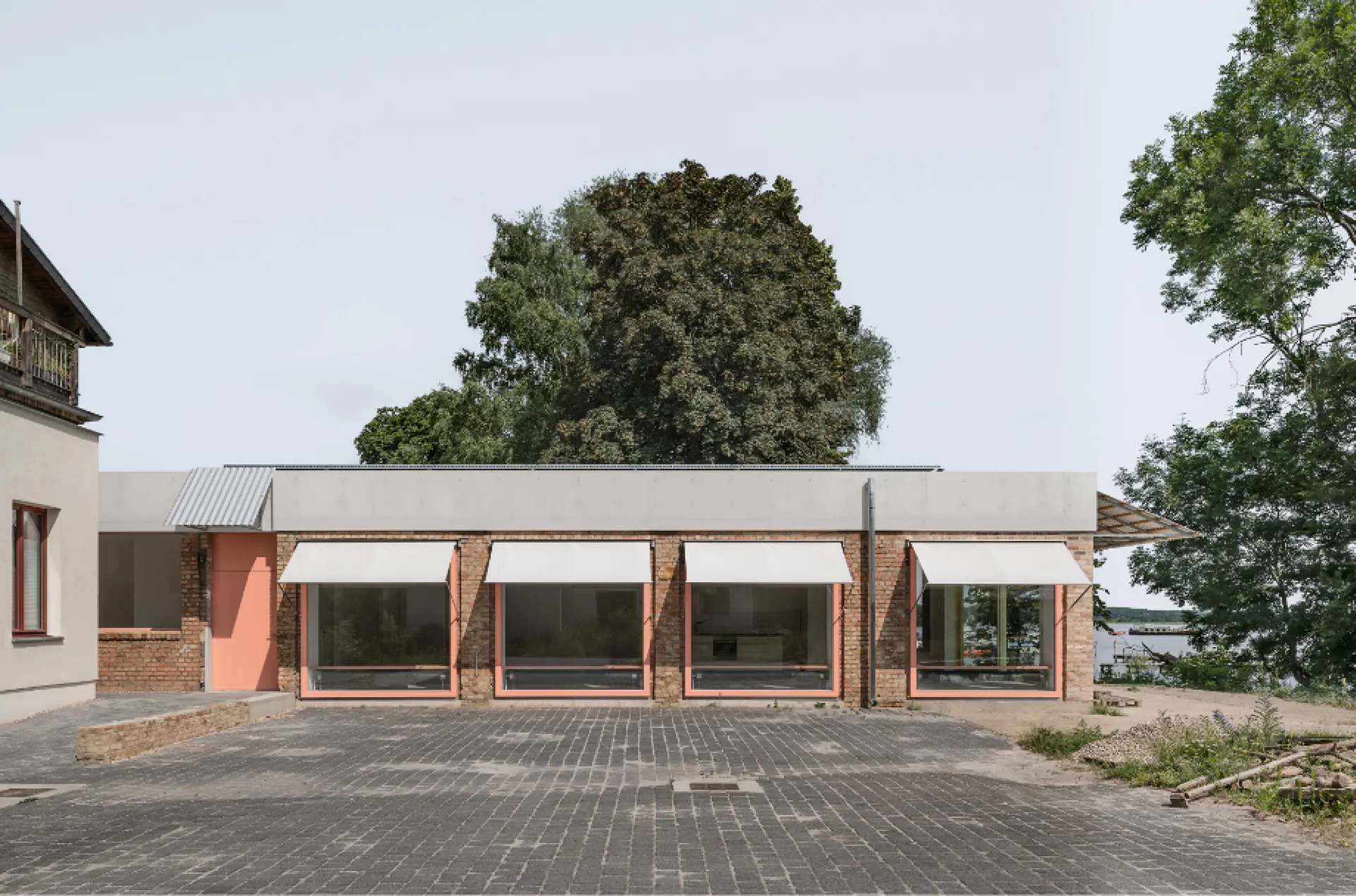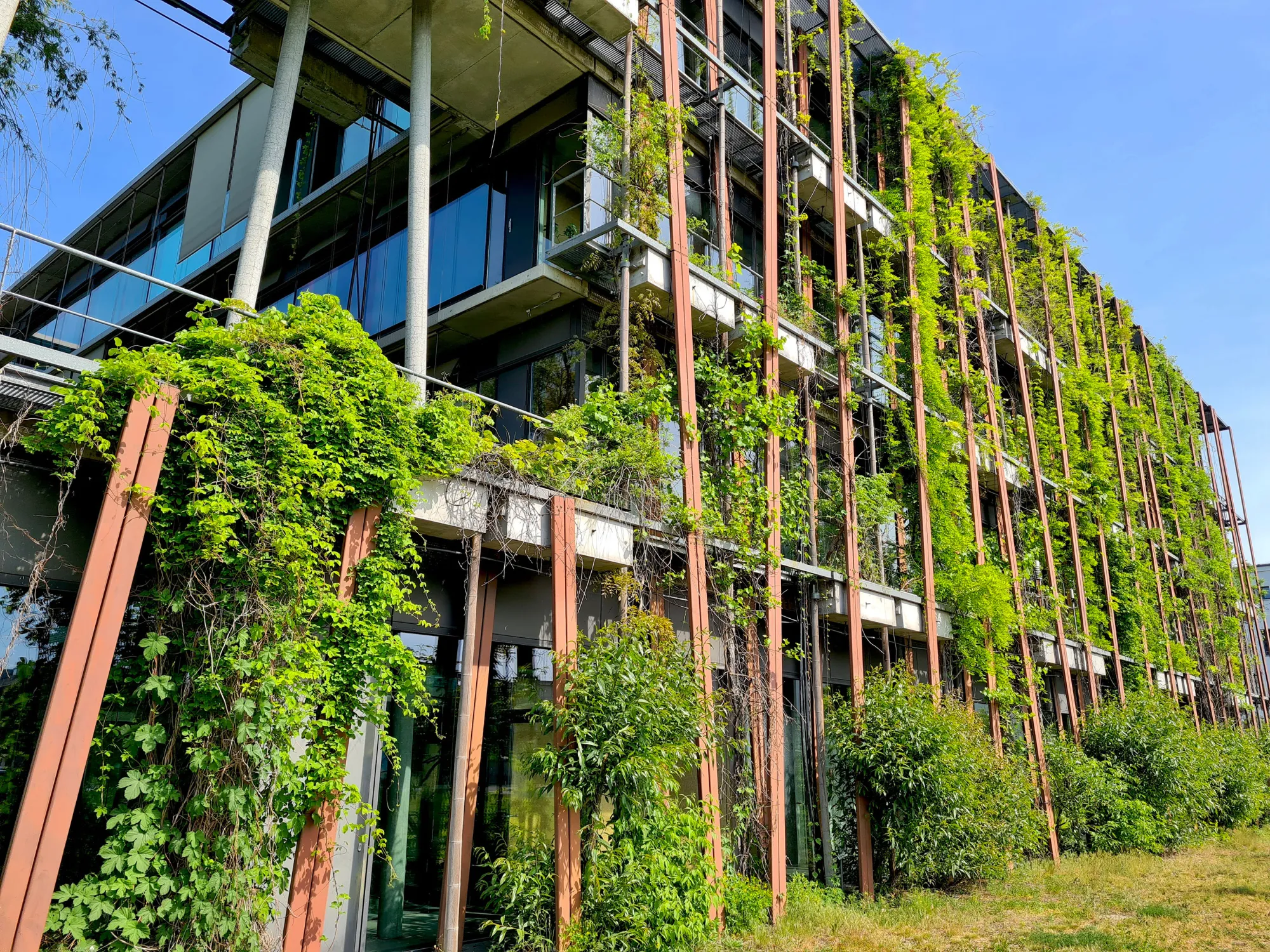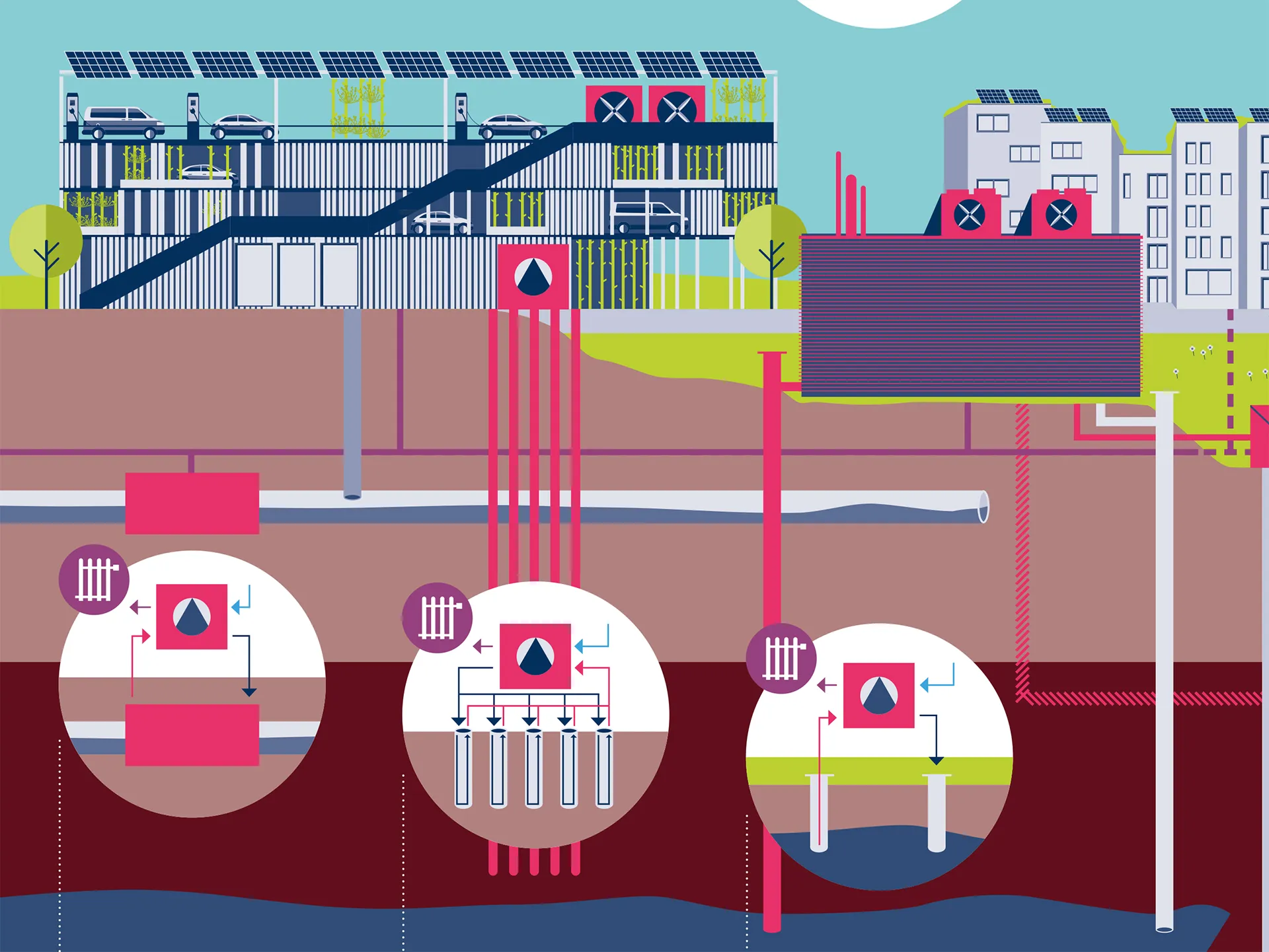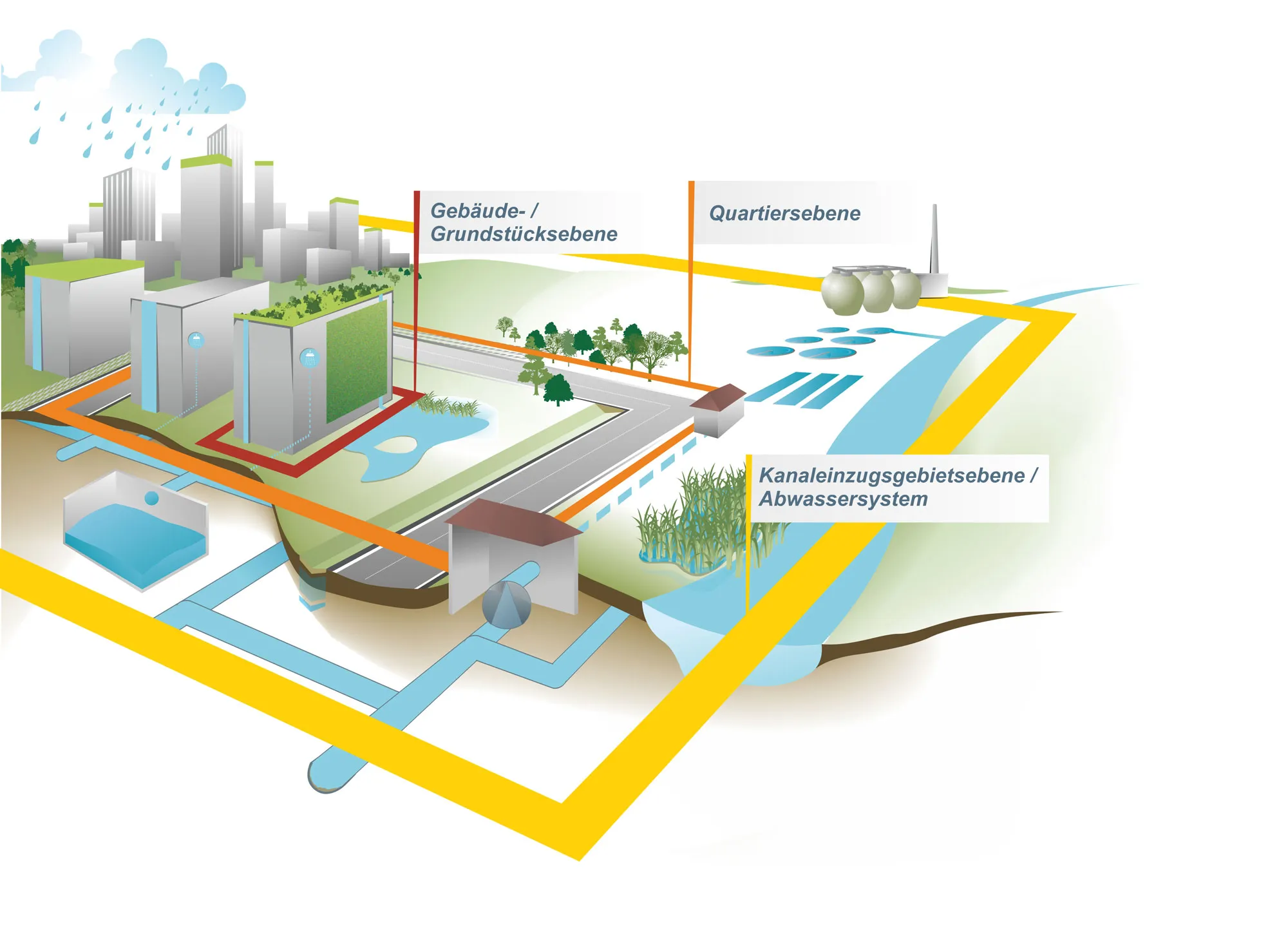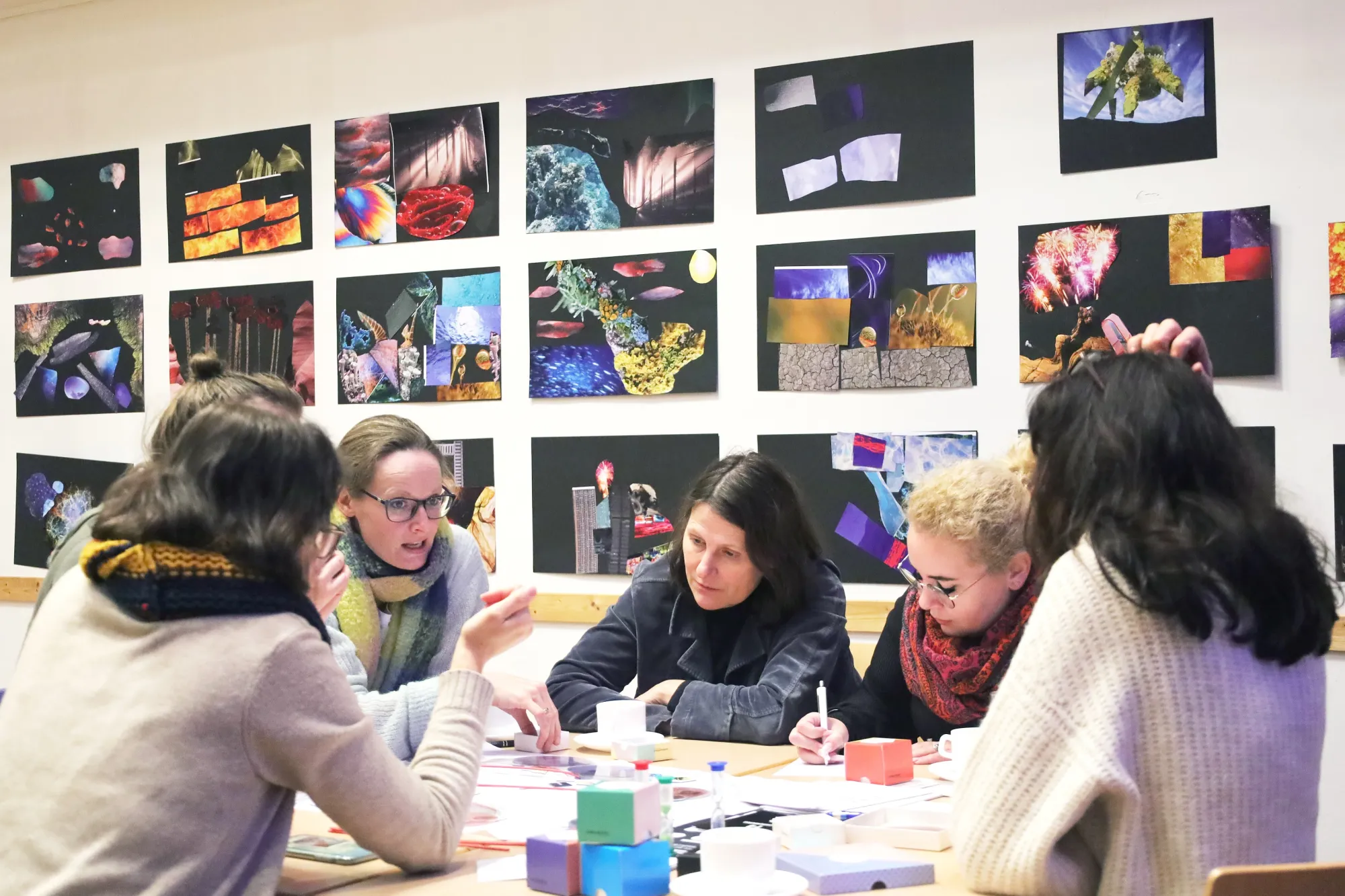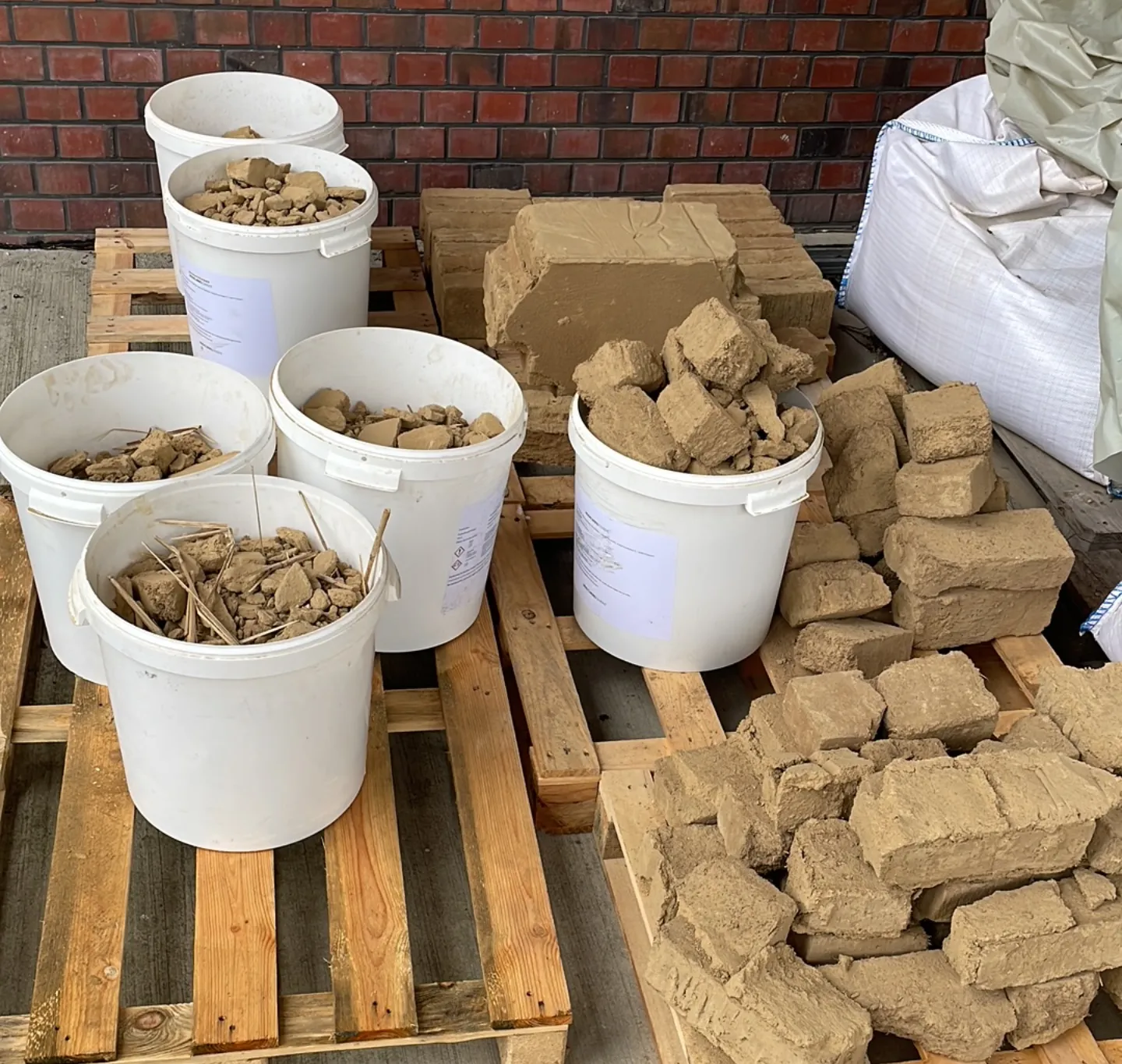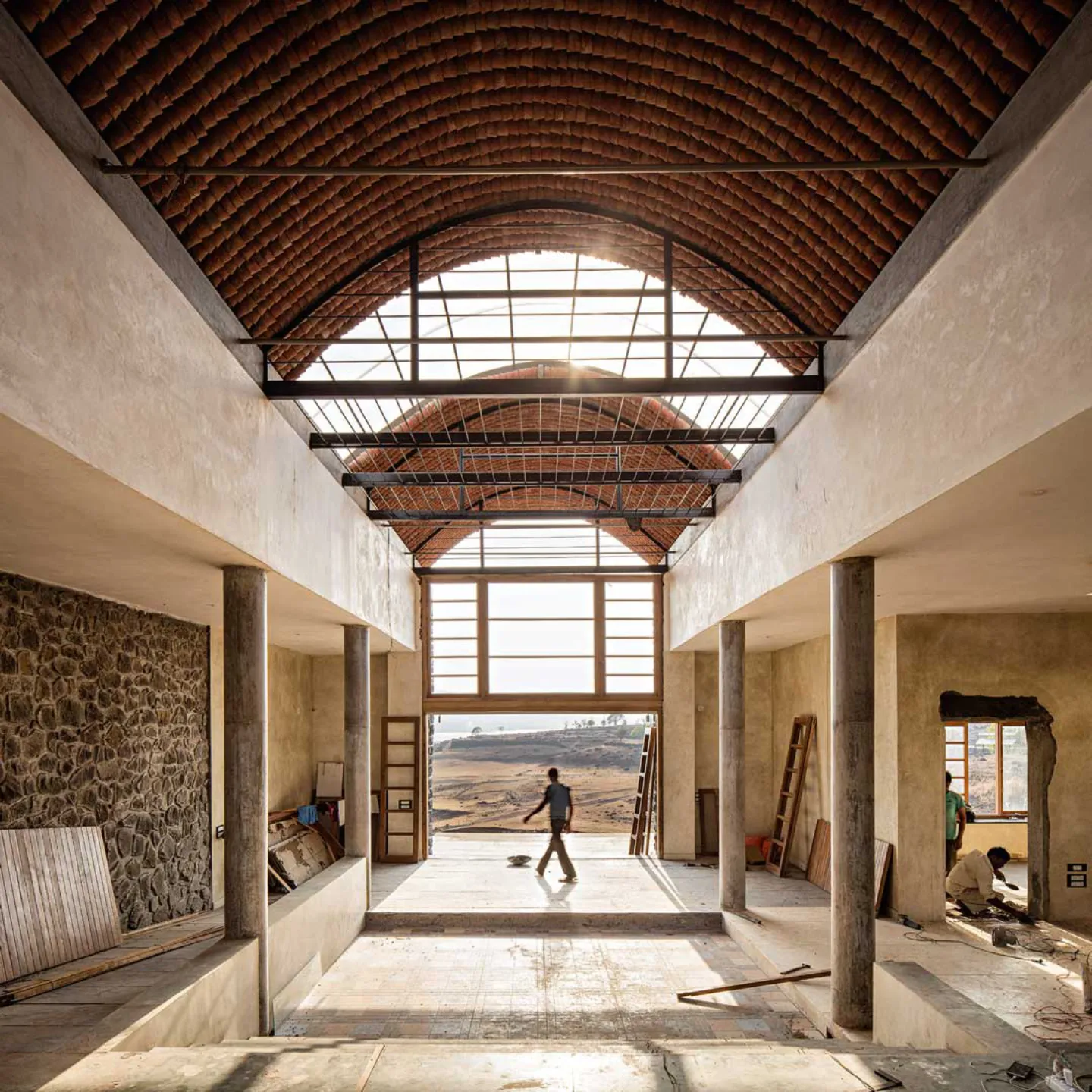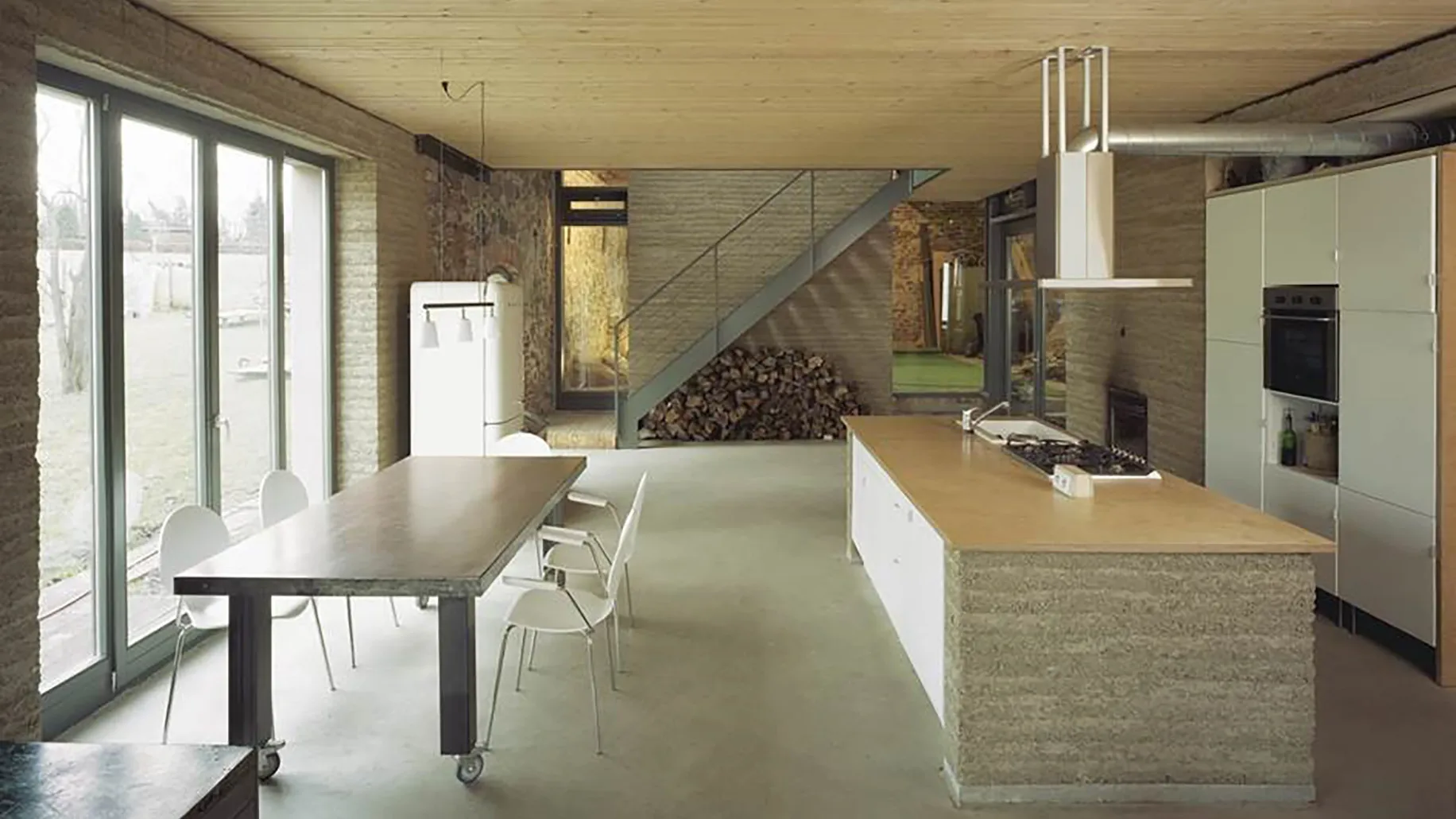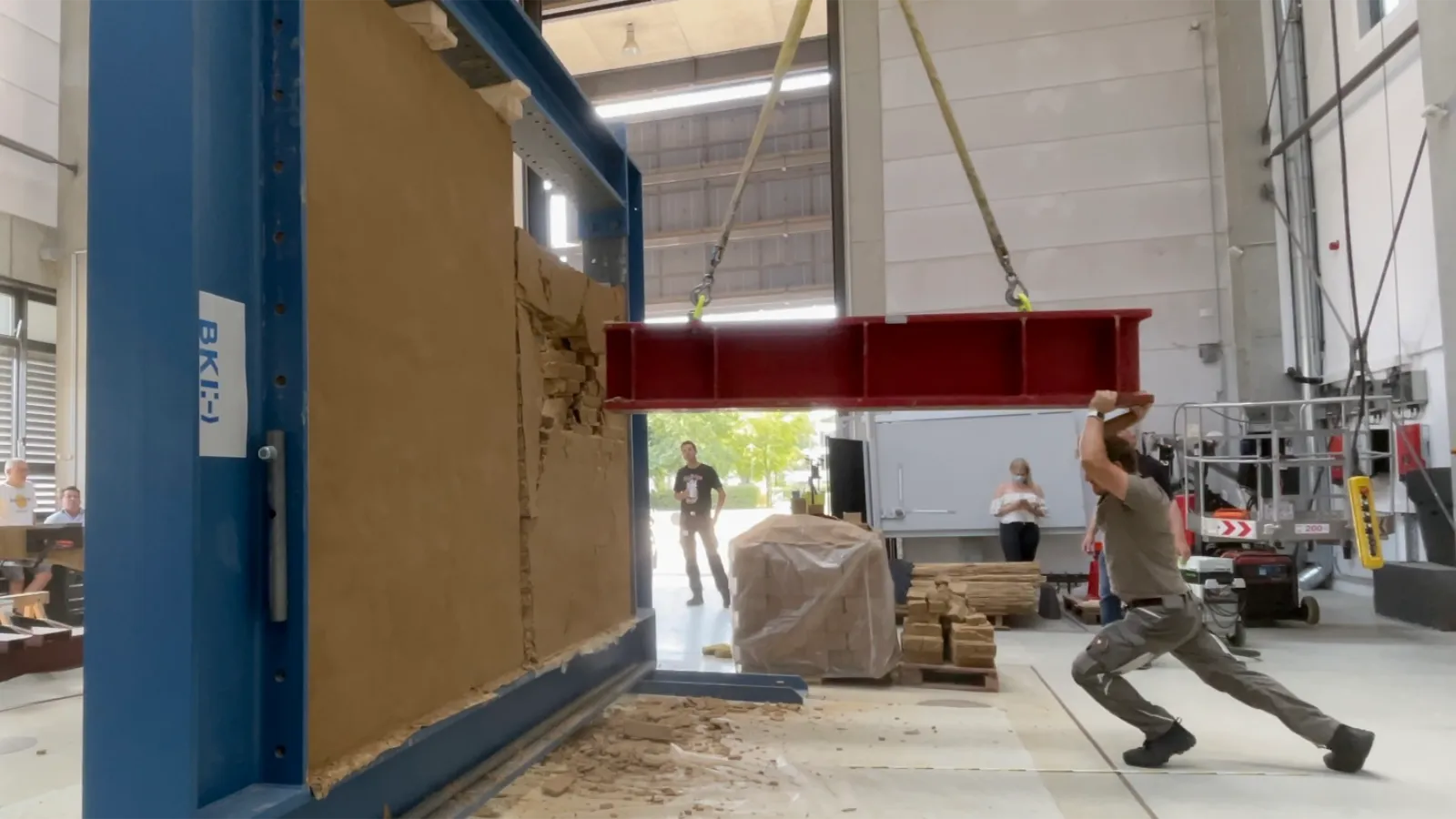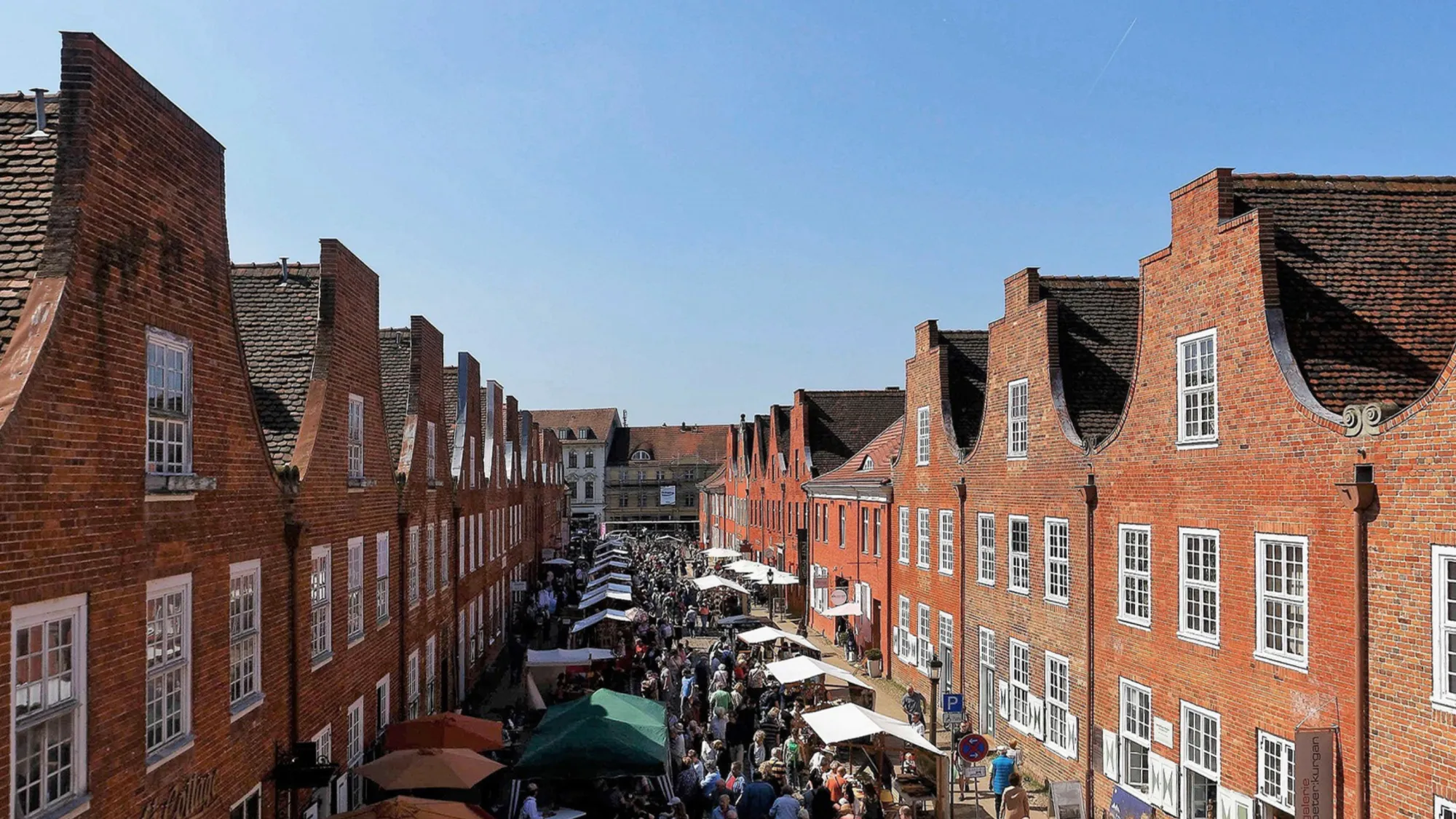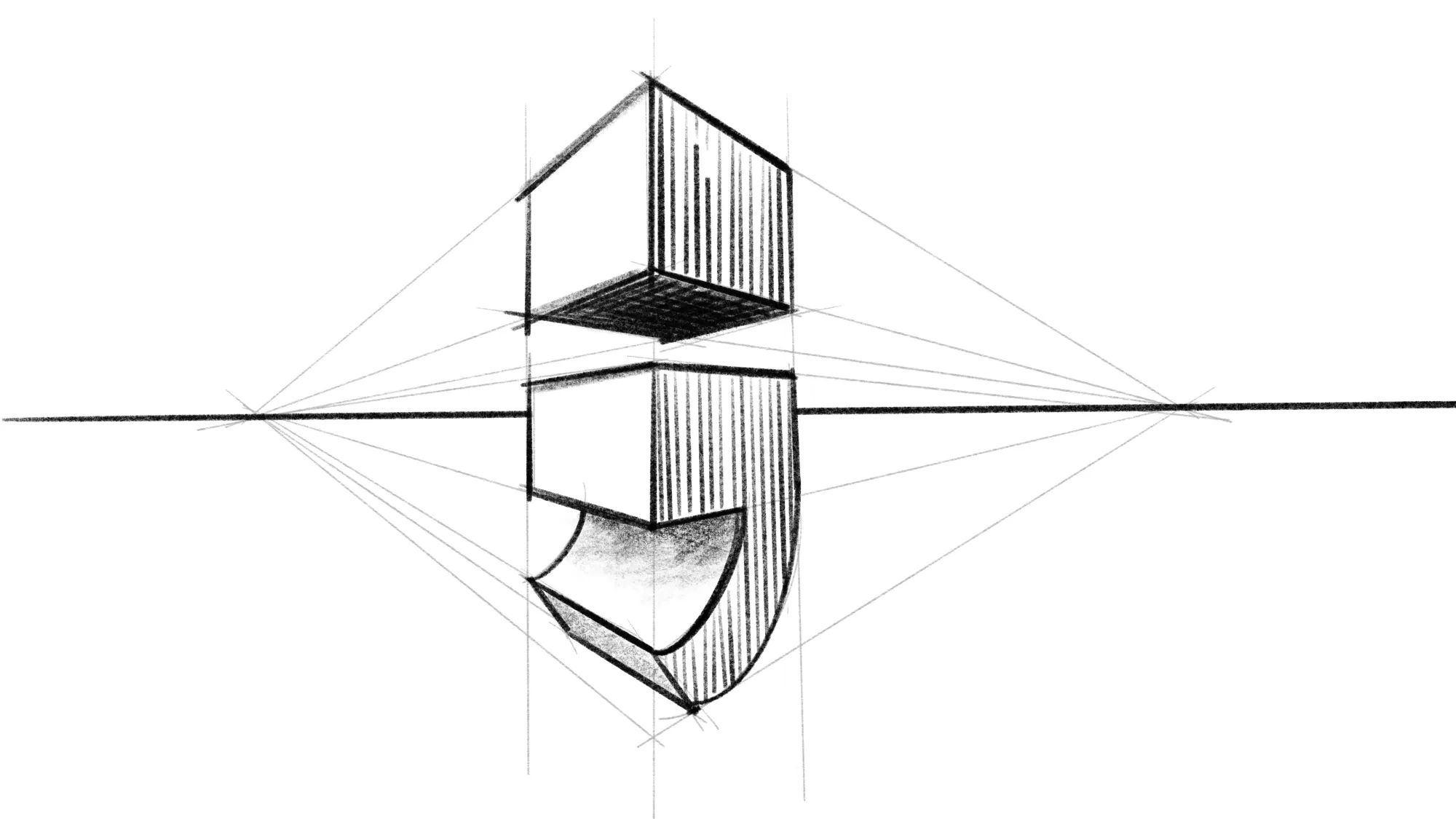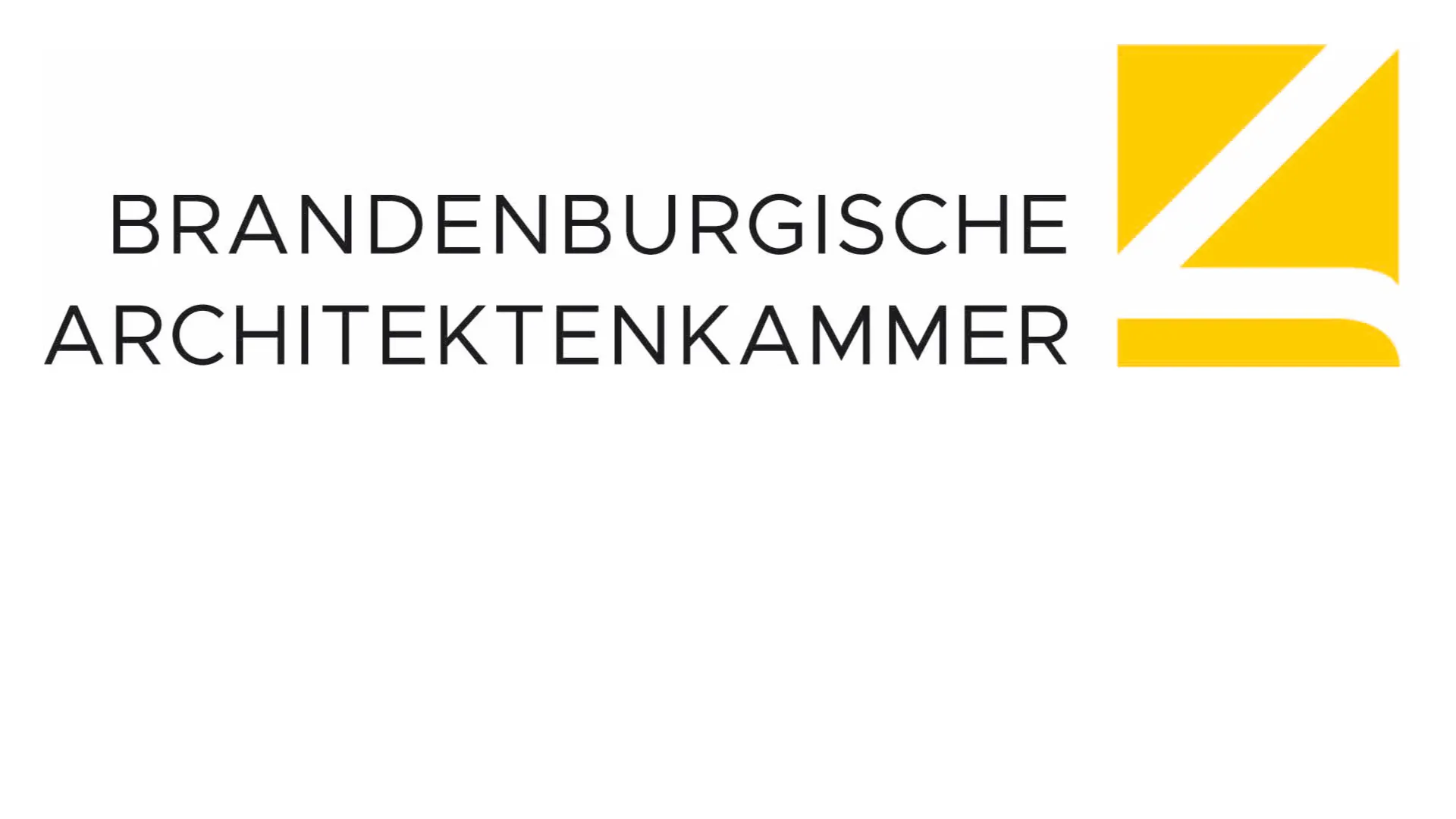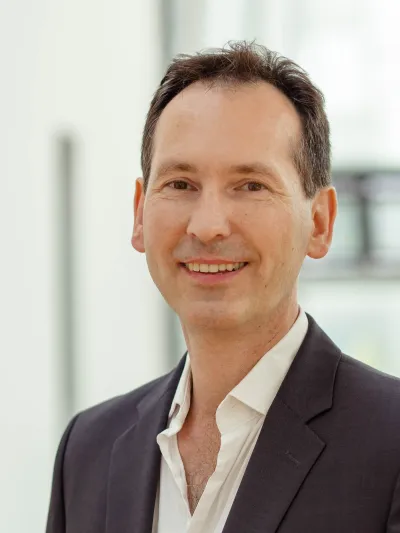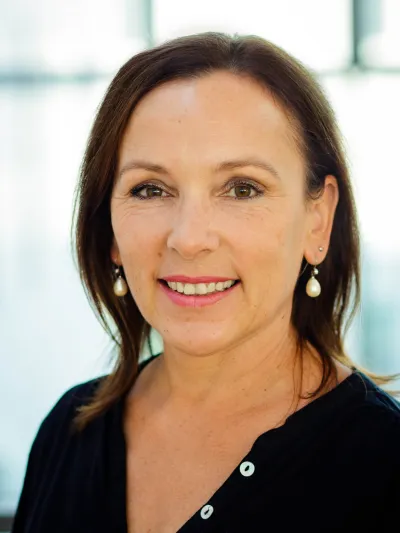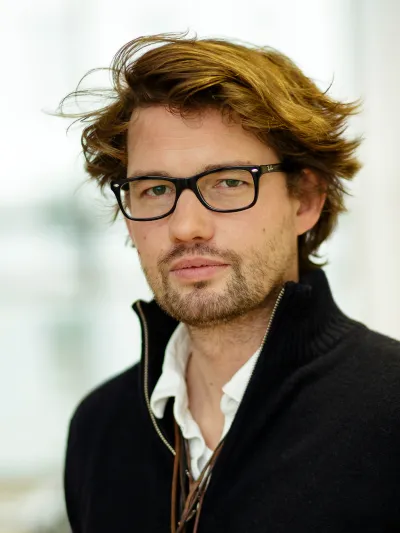Sustainable Building
"Sustainable Building" is a joint lecture series of the University of Applied Sciences Potsdam and the Brandenburg chamber of architects.
The event series
Sustainable building is a very broad subject area and encompasses much more than just energy efficiency or the choice of suitable materials. The inclusion of all users and decision-makers in the design process and the needs analysis is just as much a part of it as the consideration of existing resources throughout their entire life cycle and the intelligent re-use of existing buildings and their infrastructures.
In cooperation with the Brandenburg chamber of architects, the University of Applied Sciences Potsdam (FHP) has been organising an event on the topic of "Sustainable Building" twice a semester since 2022. Each event begins with a specialist lecture, followed by an open question and answer session and discussion in which both representatives from the profession and students can comment on the issues raised.
In this way, the Brandenburg chamber of architects would like to offer both current and potential future members of the BA an opportunity to get to know each other and receive further training on this topic, which is currently in high demand. And the FHP would like to give its students insights into the practical professional aspects of sustainable building.
Learn more about the topics and participants of the past events.
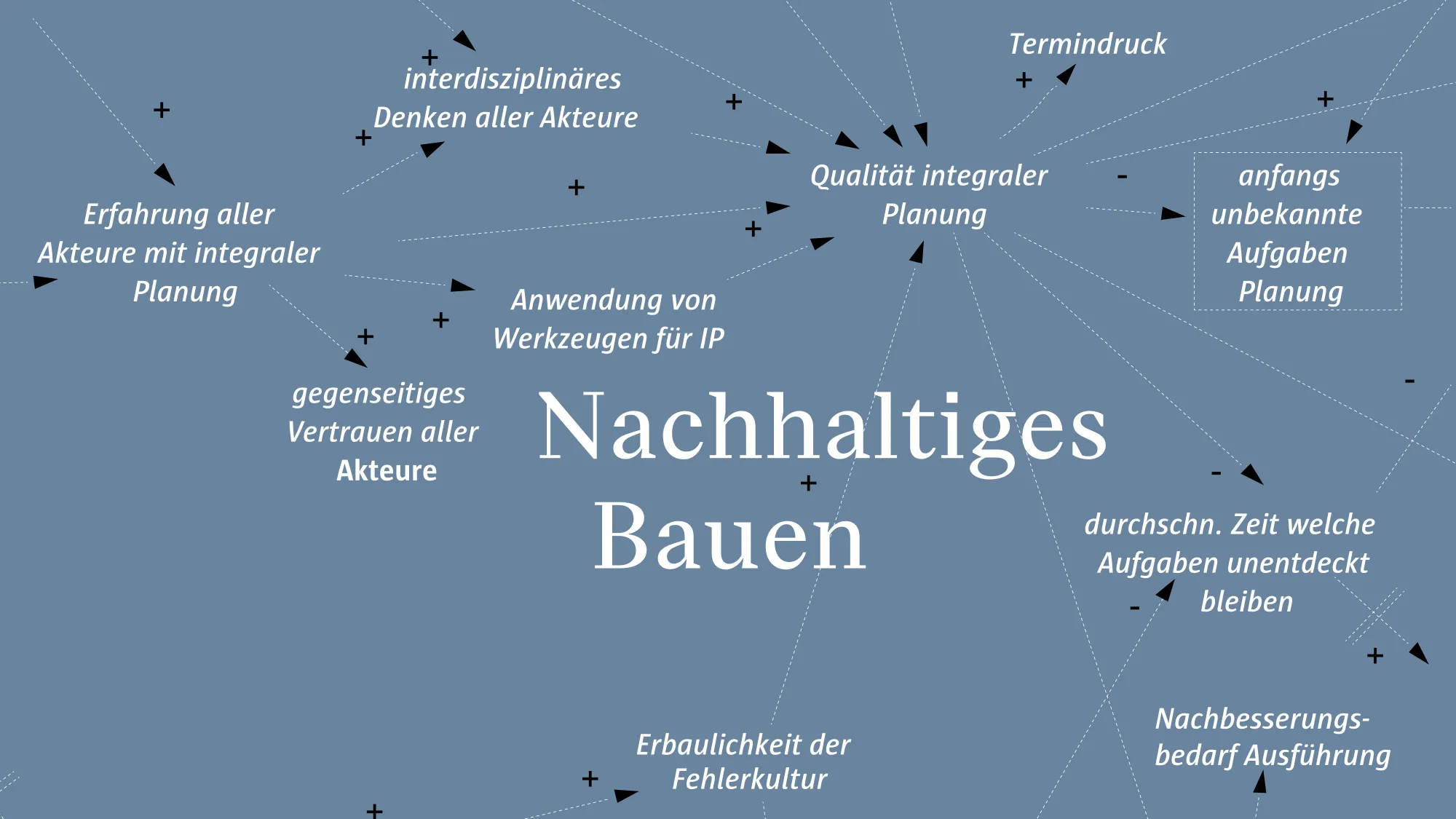
Dates of the sustainable building event series
The lectures take place twice a semester on Wednesday evenings in a lecture hall at the University of Applied Sciences Potsdam. The events always begin with a specialist lecture. This is followed by an open Q&A session and discussion on the topics raised with representatives from both the professional world and students.
When: Wednesday evening, twice a semester
Participation fee: 40 euros (3 chamber points)
The event is free of charge for students and staff of the FHP.
Target group: The public, university staff
Topics and participants of past events
Related links on the subject of "sustainable building"
In the following, we link to further events and projects at the University of Applied Sciences Potsdam and gradually compile a list of literature on the topic of "sustainable building". Our project partner, the Brandenburg chamber of architects, also offers further information.
Reuse clay
The potential of modern earth building materials for a sustainable construction industry was the topic of the symposium on 26th of August 2022. Among other things, the results of the DBU-funded research project "Muster-UPD Lehm 2.0" were presented.
Building Culture Dialogue – Living Building Culture and Climate Protection
The series of events as part of the Brandenburg 2023 building culture year addressed current structures and how they can be changed for more sustainable building. The events were recorded and can be accessed via a link on the site.
perspektiv;wechsel
The student collective perspektiv;wechsel also organises lectures on climate-friendly construction and considers these from a social/socio-ecological perspective.
Sustainable planning & building
Our cooperation partner, the Brandenburg chamber of architects, also provides information and support on sustainable planning and building.
Contact
Project Management
Project Coordination
Project Coordination
Credits
- Design und Dokumentation; Durchführung: Leonie Schatter (01/2022–12/2023; 2023)
- Konzept und Durchführung: Felix Zohlen (01/2022–12/2022)
